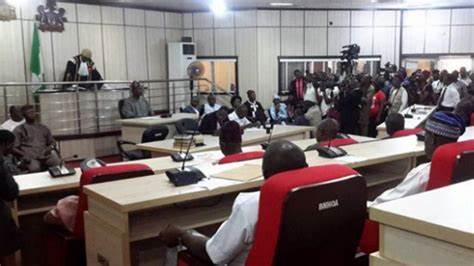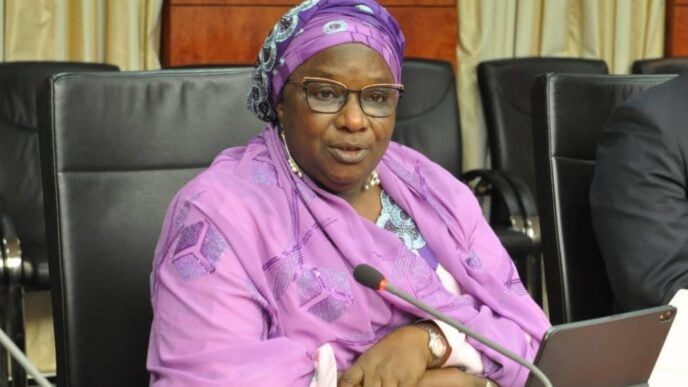Ahmad Aliyu, governor of Sokoto state
The Sokoto state government has introduced a mandatory two-year rural service for all medical and auxiliary healthcare workers trained under its sponsorship scheme.
Faruku Wurno, the commissioner for health, said the initiative is meant to correct long-standing staffing imbalances and ensure equitable healthcare delivery across the state, particularly in underserved rural areas.
Wurno said the new policy requires all doctors, nurses, pharmacists, and allied health workers sponsored by the state government to serve in rural health facilities for a minimum of two years.
“The decision follows a comprehensive needs assessment that revealed an overconcentration of health workers in urban centres, while many rural communities remain without adequate medical personnel,” NAN quoted the commissioner as saying.
Advertisement
“We are not just posting them to rural areas; we are also motivating them with better pay, improved facilities, and enhanced security support.”
He added that the policy had already inspired interest from the education sector, which is considering a similar model to address teacher shortages in remote areas.
Wurno said the state government had approved a 10 percent salary increment for workers deployed to rural communities to boost their morale and ensure compliance.
Advertisement
“This rural deployment strategy is part of a broader effort by the administration of Gov. Ahmad Aliyu to revamp Sokoto’s healthcare system,” he said.
The commissioner also noted that Sokoto now pays its medical and health workers salaries that match the federal government scale.
He said the state government is already seeing a reversal in the brain drain that previously affected its health sector, noting that many professionals who had tendered resignation letters had now withdrawn them due to improved welfare packages.
Wurno said professional bodies, including the Nigerian Medical Association (NMA) and the National Association of Nigerian Nurses and Midwives (NANNM), had commended the state government’s commitment to staff welfare and expressed renewed confidence in its leadership.
Advertisement
“These reforms are laying the foundation for a stronger, more responsive healthcare system in Sokoto State,” he said.











